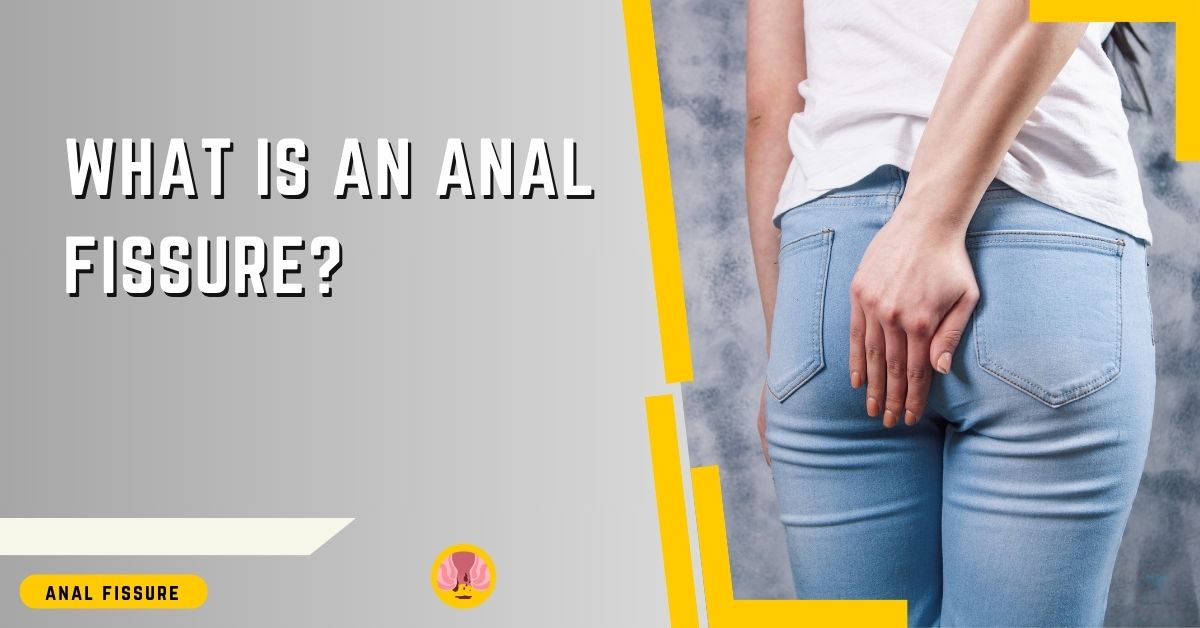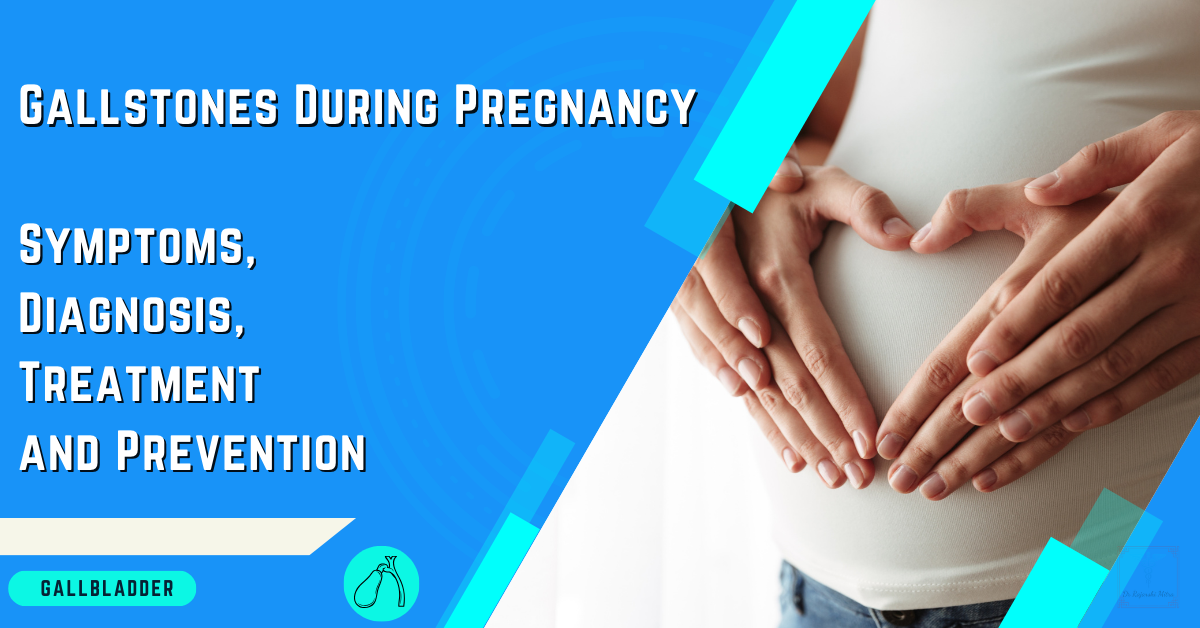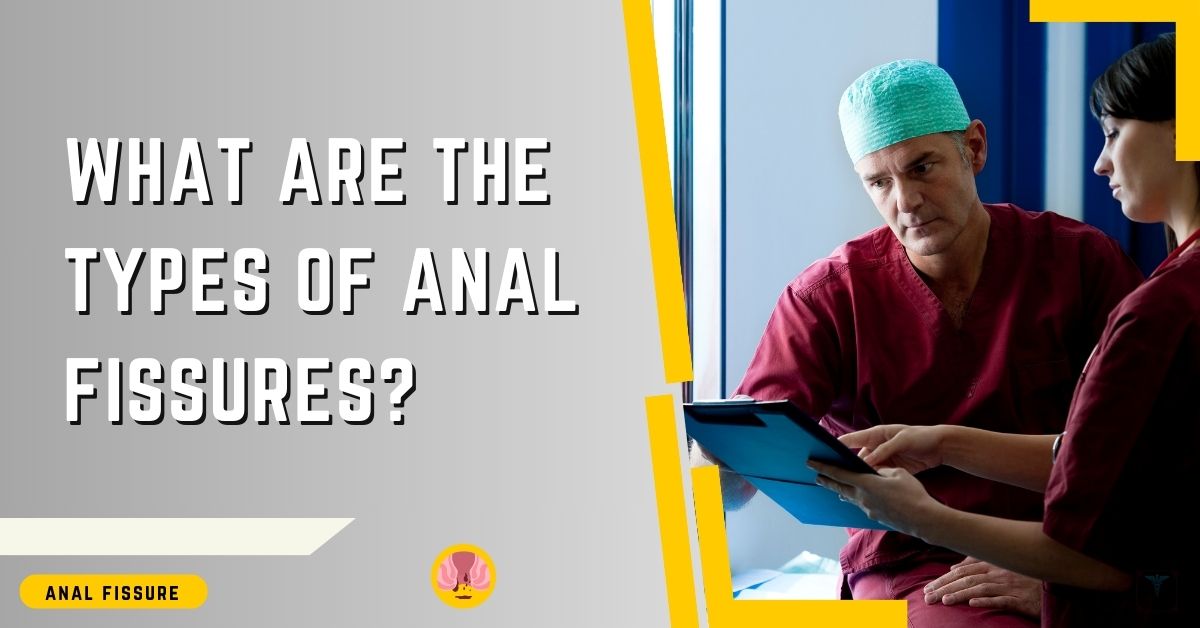Anal fissures are usually caused by trauma to the anus and anal canal. Passing a large or hard stool can cause a tear. Constipation and straining to have a bowel movement are major contributing factors.
Other causes include diarrhea, inflammation, Crohn’s disease, childbirth, and anal intercourse. The fissure can occur anywhere along the anal lining but is usually located in the back, posterior midline.
Key Points To Understand
- Anal fissures are small tears in the anal lining, often from constipation.
- The main symptoms are pain and bleeding during bowel movements.
- Most heal on their own with home treatments like sitz baths. If there is no improvement in a few weeks, prescription ointments or surgery may be needed.
- A High-fiber diet, hydration, and laxatives help prevent anal fissures.
- Take care to avoid straining and keep the area clean and moisturized.

Common Symptoms of Anal Fissures
The main symptoms are pain and bleeding. You’ll likely feel a sharp tearing sensation and bright red blood when passing a bowel movement. There may be itching, irritation, and swelling around the anus.
You could see a crack or defect on visual inspection of the anal area. The pain can last for several hours after defecating. Mild fissures may not cause any symptoms at all.
How Anal Fissures Are Diagnosed?
I will take a full medical history and perform a physical exam of your anus and rectum to check for a fissure. I may recommend an anoscopy, inserting a small tube to view inside the anal canal.
This allows me to locate the fissure and check for other issues. No special testing is usually required. I can often make a diagnosis based on your symptoms and a visual exam.
Home Treatments for Anal Fissures:
For mild or new fissures, we will start with conservative at-home measures:
- Take sitz baths to soothe pain and promote healing.
- Keep the area clean to prevent infection.
- Use over-the-counter creams/ointments for pain relief.
- Take stool softeners and laxatives to keep stools soft.
- Eat high-fiber foods and drink lots of fluids.
- Avoid straining during bowel movements.
- Gently pat dry instead of rubbing after washing.
If these methods don’t help within a few weeks, we will discuss other treatment options. Many fissures do heal on their own using conservative self-care. Call me if your symptoms persist or worsen.
Medical Treatment Options:
If your fissure doesn’t improve with home care, I may recommend:
- Prescription ointments like nitroglycerin to relax the muscles.
- Oral medications to relax the anal sphincter muscle.
- Botulinum toxin (Botox) injections to relax the anal sphincter.
- Surgery as a last resort for chronic fissures.
Surgery entails making a small cut to relax the sphincter muscle. This promotes healing and prevents re-injury. Anal fissure surgery has a 90% success rate and can provide immediate relief. Recovery takes about 4-6 weeks.
Preventing Anal Fissures:
To help prevent fissures, be sure to:
- Eat plenty of high-fiber foods and stay hydrated.
- Don’t delay going to the bathroom when you feel the urge.
- Avoid straining and take your time during BMs.
- Keep stools soft and regular with diet and laxatives if needed.
- Gently wash the anal area and don’t scrub.
- Use moist wipes instead of dry toilet paper if you have fissures.
Final Note From Dr. Rajarshi Mitra
I hope this overview helps explain what you need to know about anal fissures. Let me know if you have any other questions!
I am here to provide the information and care you need for a full recovery.

















